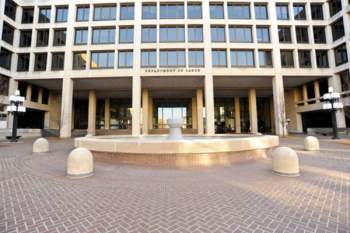
Legal Departments in Governmental Agencies

Popular In Paralegal
Defendants Right To Appeal Common Law Heritage Functions Of Law Infancy Insanity Intoxication Judicial Interpretation Common Law Legal Analysis Litigation Pretrial Motions Third Party Rights Roles Of Paralegals In Adr Legal Research Validation Paralegal Classification Of The Law
Over the last half century or more, the overall size and scope of the government, on both the state and federal level, has grown dramatically.criminal activity, development of major corporations and financial institutions, fluctuations in the banking and real estates markets, and an increased reliance on international relations with the emergence of the United Nations, to name some of the more major ones.
The emergence of the Central Intelligence Agency and the Environmental Protection Agency would represent two examples of new emerging agencies, many of which has state equivalents.
As a result of this, most of these agencies began to compile legal departments composed of federal attorneys that would ensure that full legalities were to be maintained, and investigate where infractions have been committed. Since these agencies run on taxpayer money, they are expected to keep costs to within limits, which means that they, like the rest of the legal industry, began to place much of their legal work in the hands of paralegals.
Paralegals in government agencies could in many differing scales of capacity. Therefore, working as a representative in a “field office” would likely mean a paralegal would be required to perform an assortment of more generalized tasks.
In almost every case, a paralegal working in a government agency will be expected to, in some capacity, to be have a background in the field their agency oversees, or inevitably develop a familiarity with it. This ultimately means that the legal work of these paralegals will likely become extremely specialized by the standards of the entire paralegal industry.
Despite a reputation for not always being the most lucrative form of legal practice, many employers will favor previous government experience generally over private experience, as government work still carries an aura to it that may be valuable to a paralegal who is considering the long term values to even limited government experience.
NEXT: Personnel




















